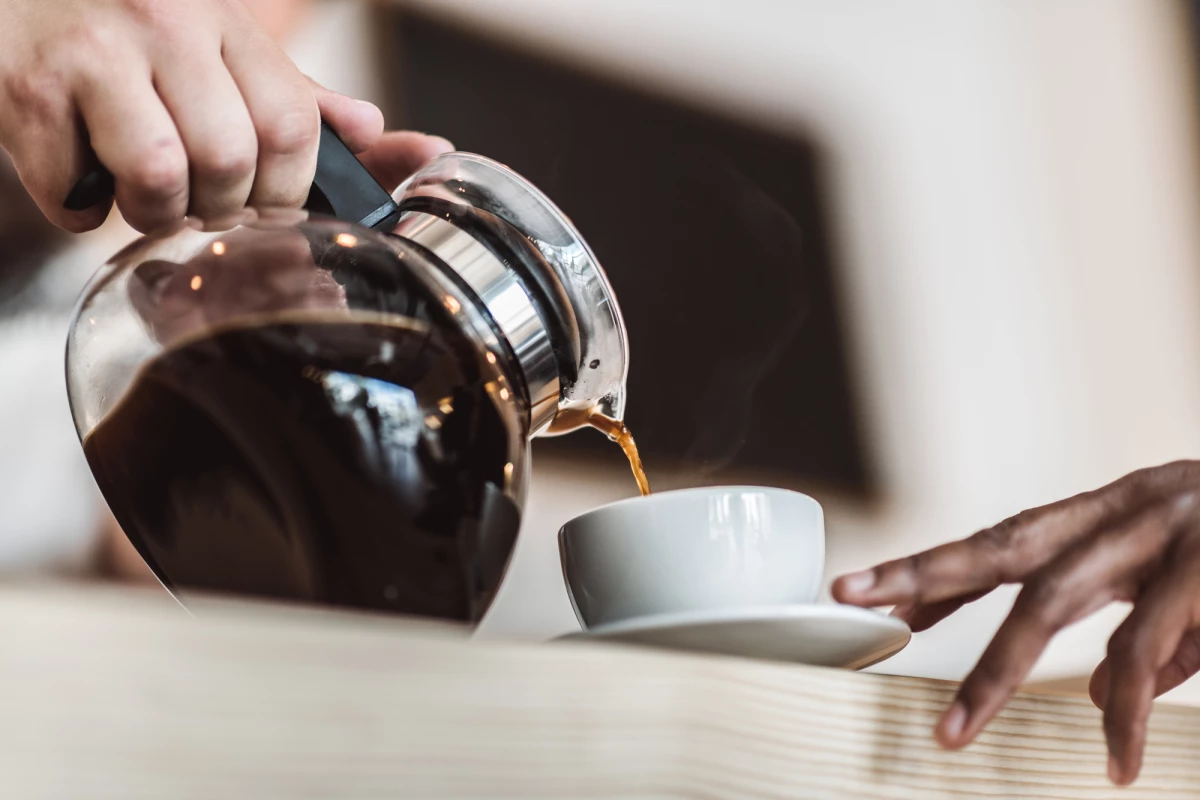Scientists in Spain have published a paper examining the fat-burning potential of coffee before exercise, and how its consumption at different times of the day may influence the end result. Albeit small, the study indicates that drinking a strong coffee half an hour before aerobic exercise can significantly boost what’s known as maximal fat oxidation rate, and that these effects are a lot more profound later in the day.
The research was carried out by scientists in the Department of Physiology at the University of Granada, and centers on what’s known as diurnal variation, or how day-and-night cycles regulate different natural processes, in this case the way the human body breaks down fatty acids following coffee consumption.
The study involved 15 active men with an average age of 32 who took part in four different aerobic exercise sessions, spaced seven days apart. The subjects were given caffeine doses equal to a strong cup of coffee or a placebo at either 8 am or 5 pm, and carried out the physical activity half an hour later. The authors say other factors surrounding these sessions, such as fasting, exercise or consumption of other stimulants, were strictly standardized.
Using a technique called indirect calorimetry, the scientists then measured the maximal fat oxidation (MFO) rate during exercise and found that all those who drank the strong coffee beforehand burned more fat.
"The results of our study showed that acute caffeine ingestion 30 minutes before performing an aerobic exercise test increased maximum fat oxidation during exercise regardless of the time of day," explains study author Francisco J. Amaro.
Interestingly, the team also found that the MFO rate, along with the subjects’ VO2 max, a common measure of aerobic capacity, was “significantly higher” in the afternoon. The strong coffee boosted MFO by an average of 10.7 percent in the morning compared to the placebo group, but by an average of 29 percent in the afternoon.
With such a small sample size concerning active males of the same age it is difficult to say how coffee consumption can impact fat-burning in other demographics, such as women or sedentary people. But the study does demonstrate how this process can be influenced by the time of day in a small subset of people, with the authors pointing to the possibility that higher caffeine doses could boost fat-burning even further and an area in need of further investigation.
The research was published in the Journal of the International Society of Sports Nutrition.
Source: University of Granada




